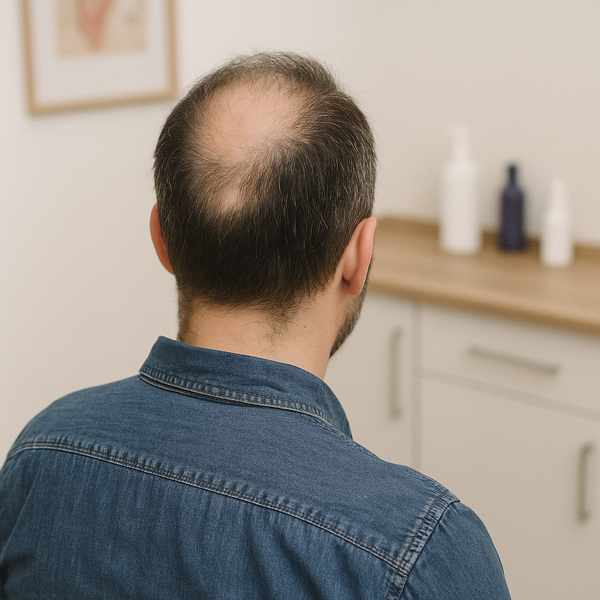Hair Loss After Losing Weight: What You Need to Know
Hair Loss After Losing Weight: What You Need to Know
Blog Article

Many people notice their hair thinning during or after a weight loss journey, which can be concerning.
Understanding why this happens and how to protect your hair can help you reach your goals without compromising your confidence.
The Link Between Dieting and Hair Shedding
Hair loss during weight loss is usually a result of physical stress or nutritional deficiencies.
Common causes include:
- Lack of protein, iron, or vitamins
- Body enters stress mode
- Shifts in metabolism or thyroid function
- Rapid weight loss
Understanding Telogen Effluvium
It’s a temporary condition where hair enters the shedding phase prematurely.
Key facts:
- Usually occurs 2–3 months after weight loss begins
- Hair falls out evenly across the scalp
- It often resolves on its own
Eat for Hair, Not Just Fat Loss
If you're trying to lose weight, be sure not to miss these nutrients:
- Essential for hair structure and growth
- Iron
- Vital for cell renewal and keratin production
- Zinc
- Vitamin D
Skipping meals or using crash diets can easily lead to deficiencies that trigger hair loss.
Staying Healthy Without Sacrificing Hair
You don’t have to hair loss and weight loss choose between losing weight and keeping your hair.
Tips include:
- Aim for 1–2 pounds per week
- Eat a nutrient-rich diet
- Especially during calorie restriction
- Manage stress and sleep
- Hair needs water, too
What to Do If You’re Already Losing Hair
If you notice excessive shedding:
- It’s likely temporary
- Get bloodwork done
- Focus on protein and iron intake
- Avoid tight hairstyles and harsh products
- Be patient
Should You Talk to a Doctor?
A doctor or dermatologist can help identify underlying issues like:
- Thyroid dysfunction
- Autoimmune conditions
- Severe nutritional deficiencies
The Truth About Weight Loss and Hair Loss
Weight loss and hair loss can be connected, but they don’t have to be permanent partners.
Prioritize nourishment, patience, and consistency, and your body will thank you — from head to toe. Report this page